ChromeOS isn't the future of Android tablets
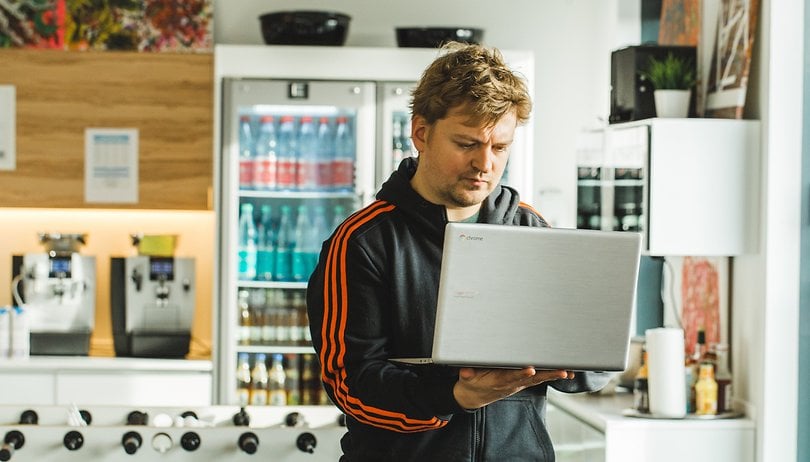

If you look at the love Google has for Android tablets, you have to admit: in the Android universe, tablets are on the brink of extinction. You’ll often read: ChromeOS will replace Android on tablets. But is that really realistic? We grabbed an Acer Chromebook to experience the current state of ChromeOS.
- Here is how to use Android on your PC
- Andromeda OS replaces Windows 10 Mobile
About a year ago, I wrote that I mothballed my tablet. And yet I always find myself thinking about buying an iPad. So there seems to be a useful case for the tablet after all. In the Android universe, however, there have hardly been any sensational new innovations in recent months. Huawei’s Mediapad M5 is one of the few exceptions, perhaps even the only one.
It is often said that Google wants to establish ChromeOS as an operating system for tablets. The signs are clear: ChromeOS supports Android apps. The Pixelbook is Google’s only tablet-like device, and it works with ChromeOS. The last Google tablet, the Pixel C, will apparently not receive an update to Android P.
To tackle the ChromeOS issue, I asked Acer for a Chromebook test device. I received the Chromebook 14, which also supports Android apps. It doesn’t, however, correspond to the Tablet form, and it's actually a classic notebook, but nevertheless it runs on ChromeOS. In any case, I was able to draw some conclusions about whether Chrome OS can actually replace Android tablets.
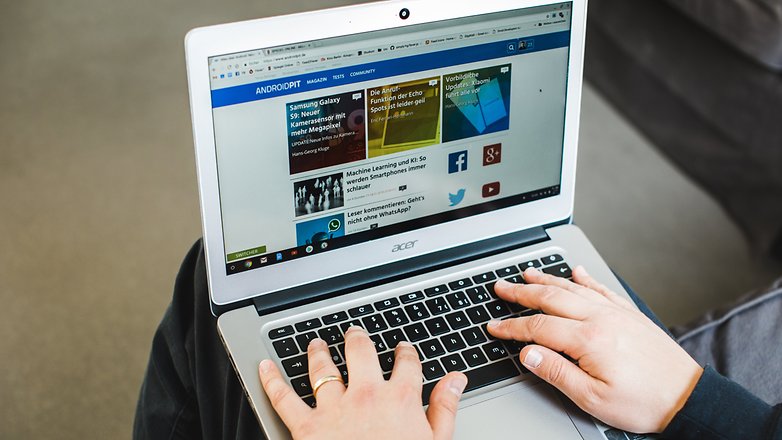
ChromeOS: Android apps should turn it into a tablet replacement
ChromeOS started as a somewhat niche addition to Android. Google has in the meantime managed to play a major role in the low-cost sector, especially in the US. But some Chromebooks now aren’t sold in all regions, because they have a hard time finding buyers.
But they can handle Android apps! Yes, but the question is: how well do Android apps run? That's where the Chromebook 14 comes into play. The road seems to be a long one before Android apps will run smoothly on ChromeOS and on the large display. My tests confirmed that ChromeOS is far from being a tablet-ready operating system.
ChromeOS has all the features to deal with the large space on the display, but this isn’t the case with every Android app: if you enlarge the window of some apps, the app will restart, which isn’t so smooth.
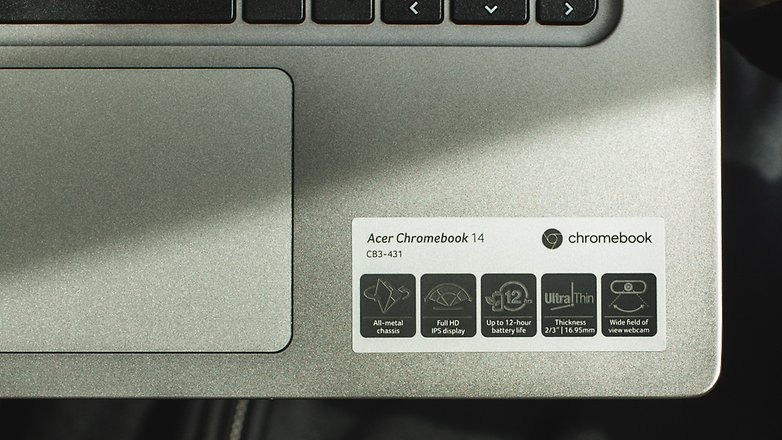
But the biggest problem is the apps themselves: just because the system now runs ChromeOS doesn’t mean that the apps are suddenly adapted to larger displays. In fact, in my test apps often still have the smartphone UI. A few apps, such as Adobe Lightroom, are adapted to the large display space. With Lightroom, I imagine that the app works really well on a touch-based device, but the user experience wasn’t so great with the touchpad.
For the notebook-like Chromebook, of course, the use of Chrome was always a veritable option: many Android apps are also available as web apps, which has advantages. They are, however, less comfortable to use on tablets, since the browser is optimized for classic operation via a keyboard and mouse.
After a few hours with the Chromebook, I finally realized that ChromeOS also isn’t the answer to Android's problems with tablets. Yes, the substructure is a little different from Android, but Android isn’t the problem on tablets, it’s the fact that there aren't enough reasonably adapted apps. Even ChromeOS can’t solve this problem in its current state of development.
By the way, this does not mean that the Acer Chromebook 14 is a bad Chromebook. A detailed review of the Acer Chromebook 14 will follow shortly.






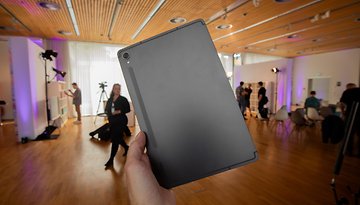

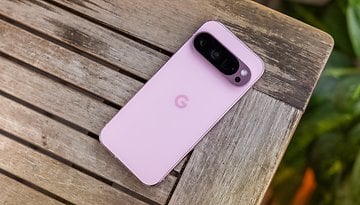
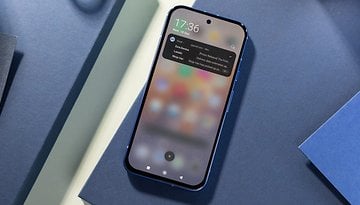
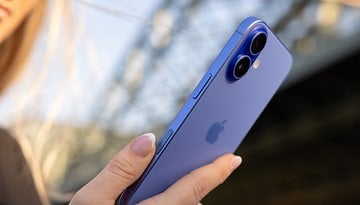


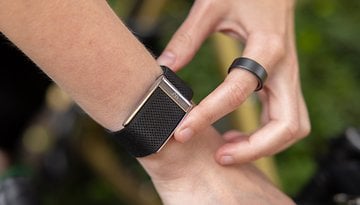
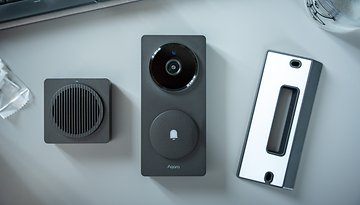





Six months later, we get the Pixel Slate.
I love my android tablets!! Just wish manufacturers would continue to release updated (hardware specs) Android tablets. Drop the cameras and increase the memory and CPU performance and it is an awesome entertainment device.
Unlike Android tablets, chrome os tablets can't be skinned and they get monthly security updates controlled by Google. This will get the experience much closer to the iPad. It also opens the edu market much further so that productivity apps will work well on larger screens. It's not clear whether chrome tablets are supposed to become a category by themselves or just close a gap for edu offerings where many schools mixed iPads for younger grades with Chromebooks for older grades. Now both tablets and laptops can be administered through the same chrome os management console which is a big factor for schools.
Fuchsia is the future OS for all Google devices. ChromeOS is just a stepping stone that allows Google to control OS updates.
I love it when politicians state broad, sweeping speculation and conjecture with the confidence and conviction that they've disclosed an absolute, incontrovertible fact.
As your current Potus this article is misleading and full of half truths. You write: in the Android universe, tablets are on the brink of extinction. According to Statisca however Android had a market share with tablets in 2017 of more than 60%. I make use of Android tablets for at least 7 years and with the far majority of the apps I use regularly the screen is optimised for tablets. G Suite, Office 365 apps, news sites, Netflix, YouTube, LinkedIn etc. And concerning using web apps with touchscreen you should have noticed that Google is currently updating Chrome OS constantly, so it is becoming more touchscreen friendly all the time.
A big surprise to me has been that Google (and for that matter Apple) has not exploited the massive developer base for the phone OS to build or support OEM building of all-out Android (or iOS) clamshells or convertibles with good keyboards and comfortable desktop use. In theory I've liked the ChromeOS idea, for its efficiency and not bothering users with constant downloads of dubious "updates" and especially since Android "apps" are very often or mostly nothing more than cloud-dependent one-trick pony mini-web browsers, each of them clogging up phone storage, while they easily could work (or do easily work) just as well in an ordinary browser interface.
But it just hasn't happened that way - development of browser apps has never met expectations. Meanwhile Android is now a fiesta of locally installed apps operating at a high level, and for them a clamshell or hybrid machine would provide consistency and utility across devices.
"But the biggest problem is the apps themselves: just because the system now runs Chrome OS doesn’t mean that the apps are suddenly adapted to larger displays."
The operative word is "suddenly." At this point and going forward, Chrome OS itself is no longer an obstacle, because, as the author neglected to observe, many/most Play Store apps behave as though they were native to Chrome OS. But many developers of Play Store apps for smartphones remain very focused on smartphones only. And they'll stubbornly maintain that focus until size of the potential Chrome OS market on convertible laptops and tablets convinces them otherwise. Google is doing the right thing -- really the most rapidly effective thing it can do -- by growing EDU market share of Chrome OS devices. It's a large market. And kids play a lot of games. Play Store is mostly about game apps. So, if Google's strategy is successful, then the author is completely wrong. Chrome OS will be the future of tablets that will, among other things, run Play Store apps quite well.
The Chromebook is about casual production. A tablet is primarily about consumption. ChromeOS may eventually be tablet worthy but tablets aren't going away.
I thought this was a preview of chromebook tab 10 by Acer. I think it's kinda unfair that you're saying this as a future of android tablets while your gear is a non tablet rather a hybrid. Android apps on chrome os just got pass the infancy stage though, it'll definitely mature and run seemless in the future.
The only reason why iPads are doing so well is because Apple has put such effort into the user interface, user experience (gestures) and app support. The absolute killer thing Apple has done is marketing. Google, it's partners and OEM/ODMs almost 0 in all the areas listed above.
Apple even markets the iPad, tacitly, as a laptop replacement for most casual consumers. And, it iis. With a desktop class processor in tow, well in the pro models and compelling apps specifically designed for it. they have created a hell of a beast. What Apple has missed, and possibly have done it on purpose, is native, windowed or paned support for apps designed for the smaller screen, iPhone. Apple sucks because they could support windowed mode, i have done it with previous Jailbroken iPads in the past. They just want you to have to buy more into their ecosystem with purchasing an iPhone too.
What Apple doesn't have, is a command of the cloud, which is becoming increasingly important, Google does. What Apple does not have, is the worlds most powerful, fully capable and extensible web browser, Google does. What Apple doesn't have is a very large ecosystem of dedicated users of apps and services that works across all current mobile, desktop and other related platforms, Google does. Apple does not, again, support apps that run in iOS for iPhone and iPad, side by side, Google does with two different OSs running on same device, simultaneously.
Apple could kill Google's initiative of a combined OS in a millisecond, with MacOS and/or iOS merger, or atleast allowing iOS apps run in lower cost MacOS laptops/tablets. But Apple is greedy, always one step behing on most innovation and in the end is going to lose because of complacency.
ChromeOS is the future of not only tablets but every type of device including mobile and upcoming hybrid mobile/tablets which will be foldable like the rumored Samsung Galaxy Note X.